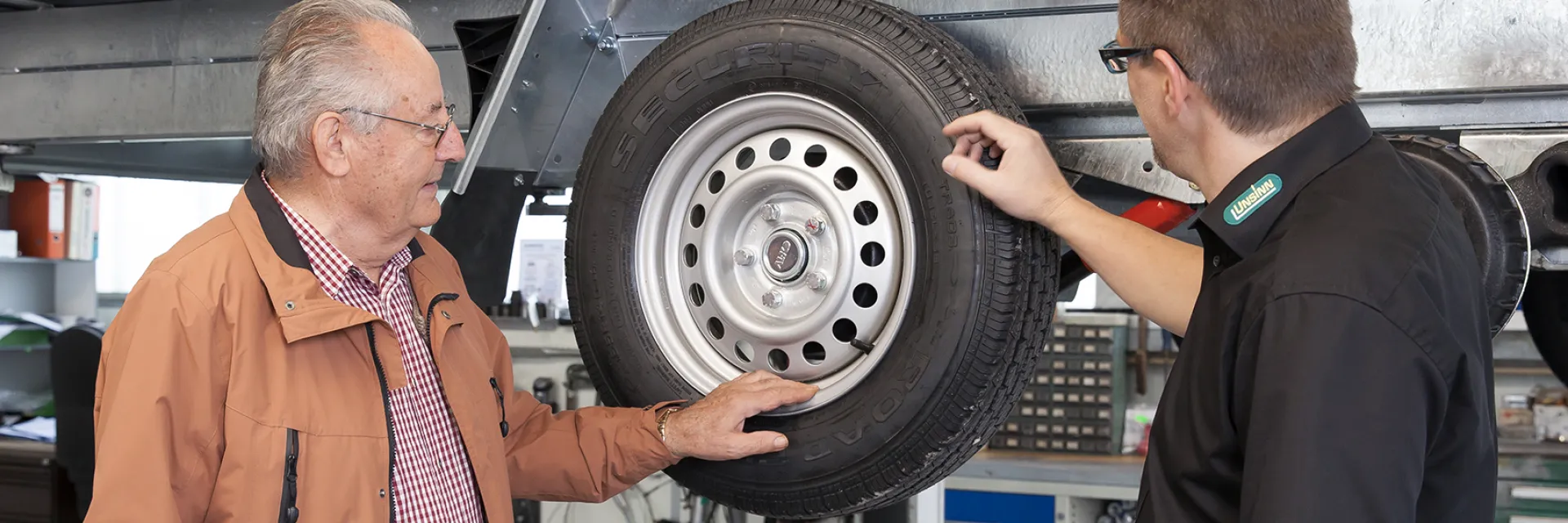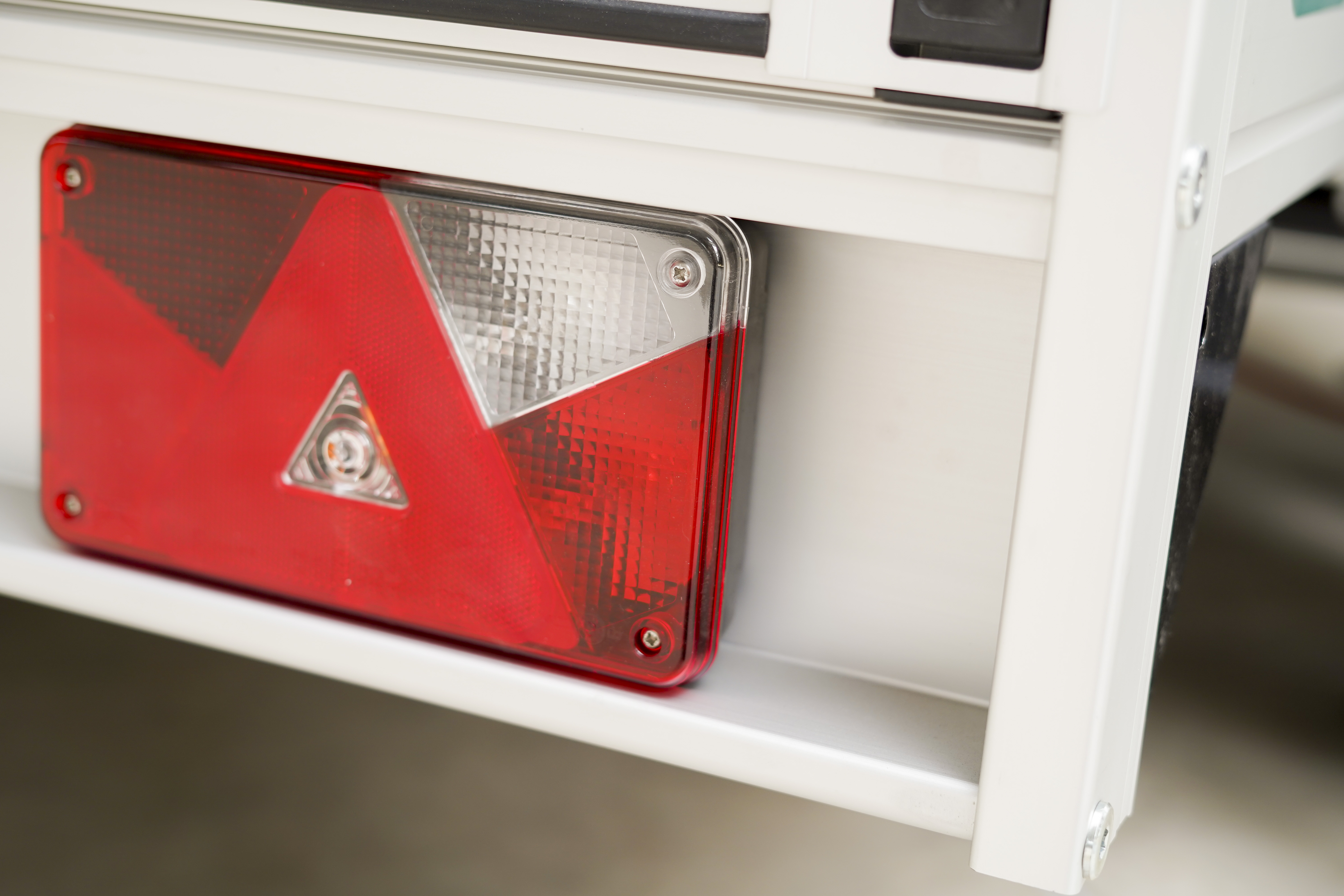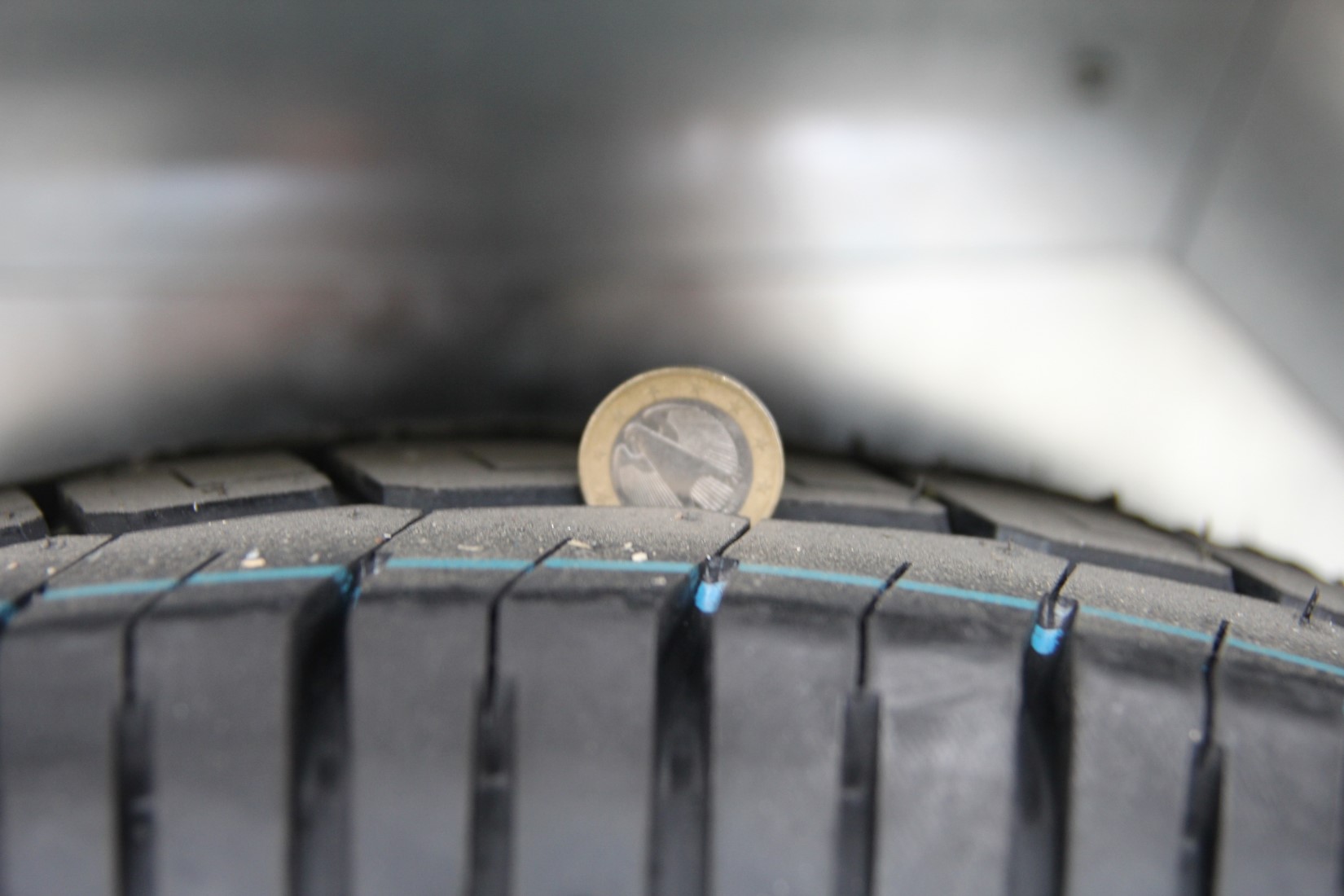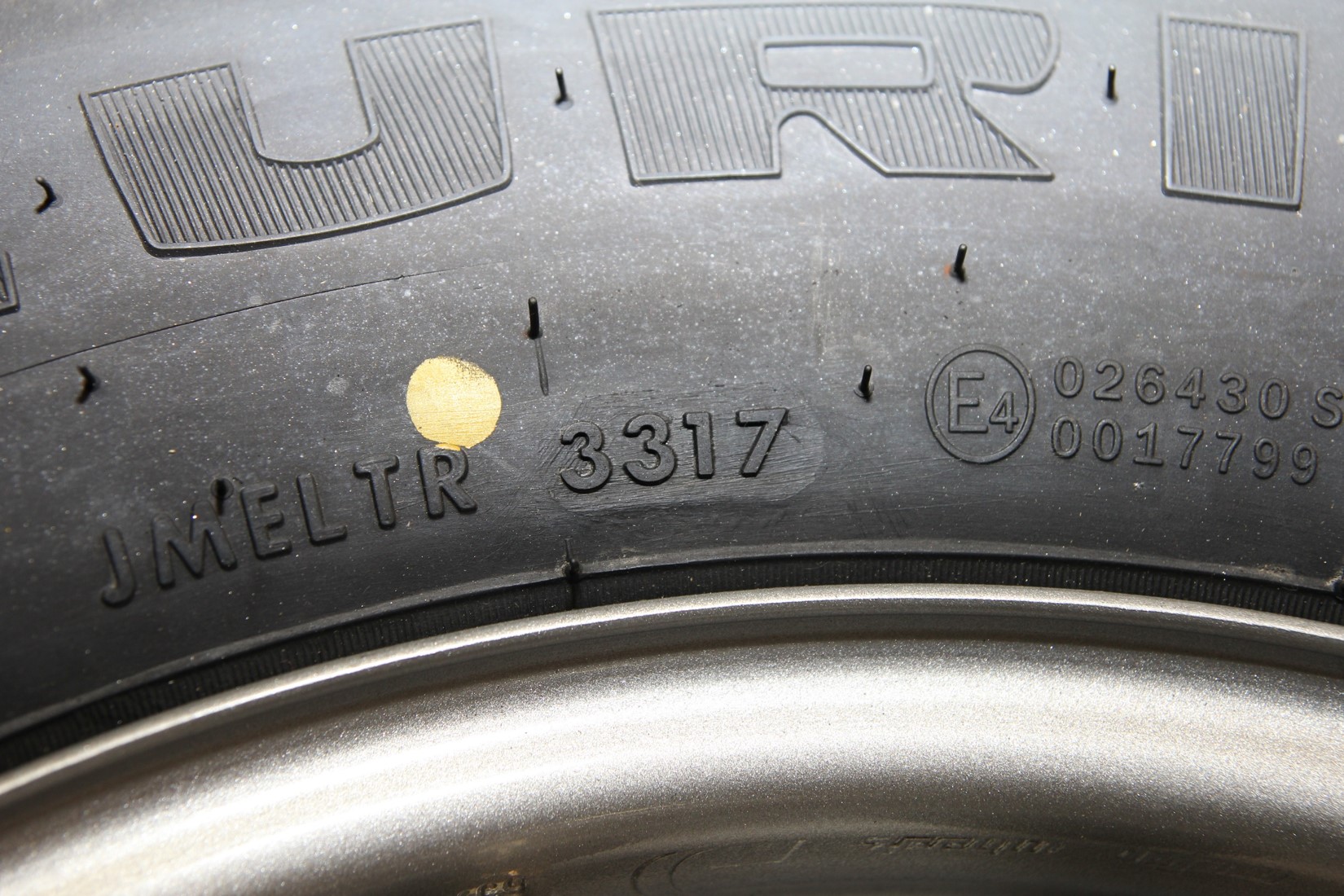


Is your trailer in proper condition, roadworthy and environmentally friendly? These are precisely the points that the TÜV checks during the regular general inspection (HU) to ensure safe driving with the trailer. But when does the trailer actually have to go to the TÜV and what do you have to consider? In this article you will find out everything you need to know about the trailer MOT.
In contrast to cars, the time intervals for the trailer MOT depend on the weight. Trailers with a permissible total weight of up to 750 kg and unbraked trailers must be inspected three years after their initial registration, then every two years. Trailers weighing between 750 kg and 3,500 kg must be inspected every two years. All trailers heavier than 3,500 kg must undergo an annual general inspection.
Below you will find an overview of the TÜV intervals according to the permissible total weight of the trailer:
|
Permissible total weight |
First examination |
Ongoing investigation |
|
Unrestrained |
After 36 months |
Every 24 months |
|
Up to 750 kg |
After 36 months |
Every 24 months |
|
Over 750 to 3,500 kg |
After 24 months |
Every 24 months |
|
Over 3,500 to 10,000 kg |
After 12 months |
Every 12 months |
A look at your vehicle registration document or the new registration certificate Part I will tell you when you have to take your trailer to the next general inspection. You can find out where to find this information in your vehicle documents in our blog article on the subject of vehicle registration documents. The TÜV sticker on your rear number plate also tells you when the next TÜV inspection is due. The number in the middle of the sticker indicates the year of the next MOT and the top number in the outer circle stands for the month.
Is your trailer due for a general inspection? At the trailer MOT, the condition of your trailer is closely examined, including the frame, the lighting system, the tyres, the suspension and the overrun brake. To save costs and problems during the inspection, you can prepare for the appointment in advance and check many points yourself:
In order to be optimally prepared for the TÜV appointment, you should have the necessary documents ready, such as the vehicle registration certificate or the registration certificate part I, your ID card and the last TÜV report, as well as going through the TÜV trailer checklist in advance.
Adequate lighting is essential for road safety and must therefore be checked. The lighting system consists of lights, indicators, reversing lights, brake lights and number plate lights, all of which must be in perfect working order for the main inspection.

The tyres are an important point in the main inspection, because they ensure that the trailer can carry its load. The minimum tread of the tyres is set by the TÜV at 1.6 mm. One way to check the tread wear is to place a 1 euro coin in the tread. If the golden edge disappears completely into the tread, the tread depth is sufficient.

How old may the trailer tyres be at the TÜV? On a trailer with a 100 km/h permit, the tyres must not be older than six years. The age can be determined from the inscription on the tyre sidewalls. The four-digit inscription on the tyre indicates in which week and in which year the tyre was produced. The first two digits stand for the calendar week, the following digits for the year.

From a weight of more than 750 kg, at least one wheel chock is required by law. Therefore, for the trailer MOT, check whether your trailer has wheel chocks and whether they are undamaged and suitable for your tyres.
The costs for the trailer MOT depend on the total weight of the trailer and are usually lower than for a passenger car. A general inspection for an unbraked trailer costs about €35 and for a trailer up to 3,500 kg about €60. However, the prices can vary depending on the federal state. You can find a cost overview of the TÜV for all federal states here.
In addition to the main inspection costs, any repairs must be paid for and if a trailer fails the first TÜV attempt, extra costs of 15-30 € may be incurred for a re-inspection.
Driving with an overdue MOT sticker of more than 2 months can result in a fine. Therefore, keep to the TÜV deadlines and make sure that your sticker is still valid before driving. If the deadlines are not adhered to, the following fines may be due according to the catalogue of fines: 15 € after 2 months, 25 € after 4-8 months, 60 € and 1 point in Flensburg from 8 months. If the follow-up inspection is not adhered to, a fine of €15 is also to be expected.
Conclusion: The trailer MOT is an important part of ensuring the road safety of a trailer. To prepare optimally for the main inspection, you should check the condition of the trailer in advance. Don't forget to keep an eye on the TÜV date to avoid unnecessary fines and costs. In addition, with a valid TÜV, you are safe on the road with a clear conscience.